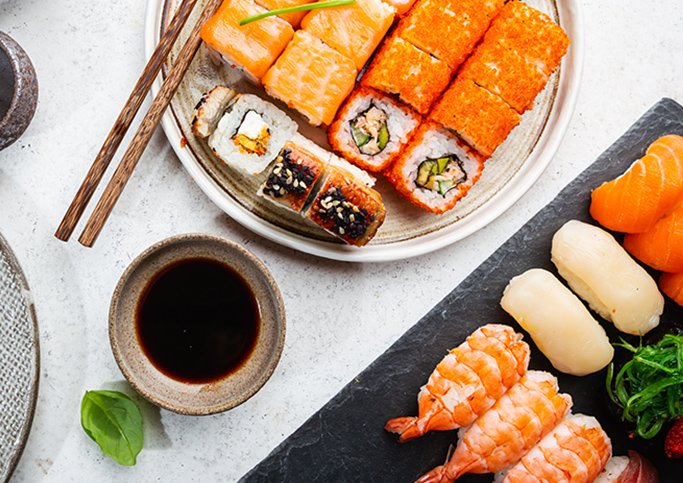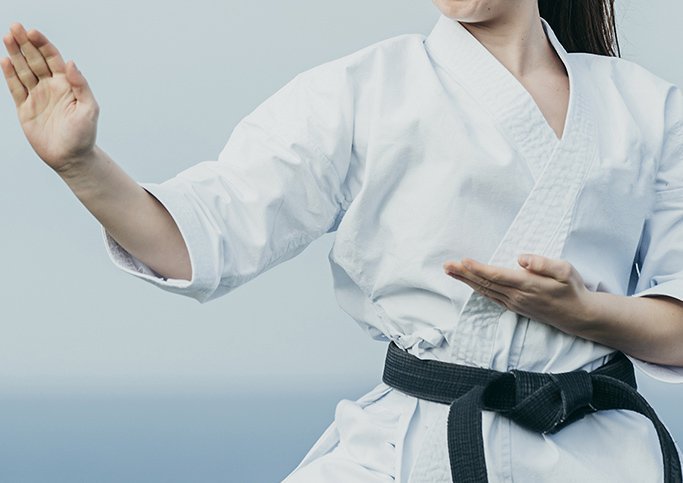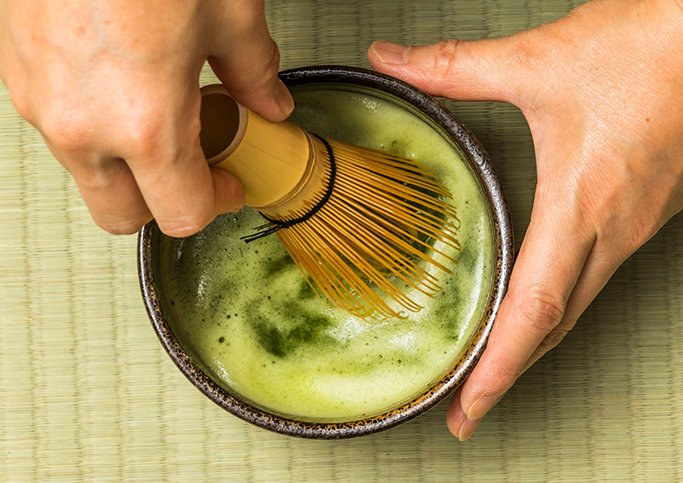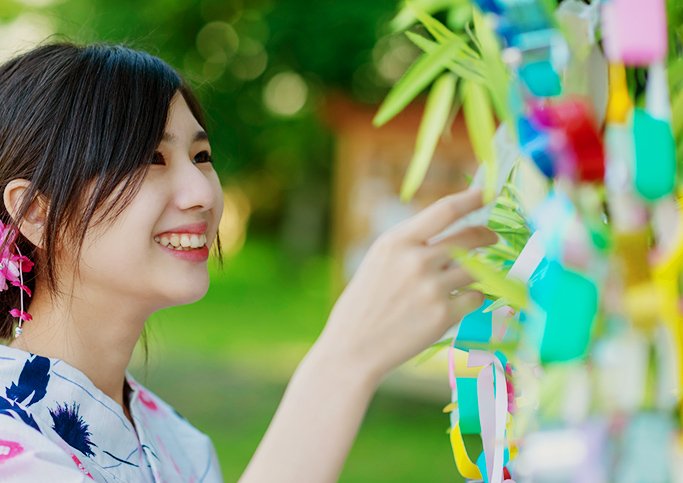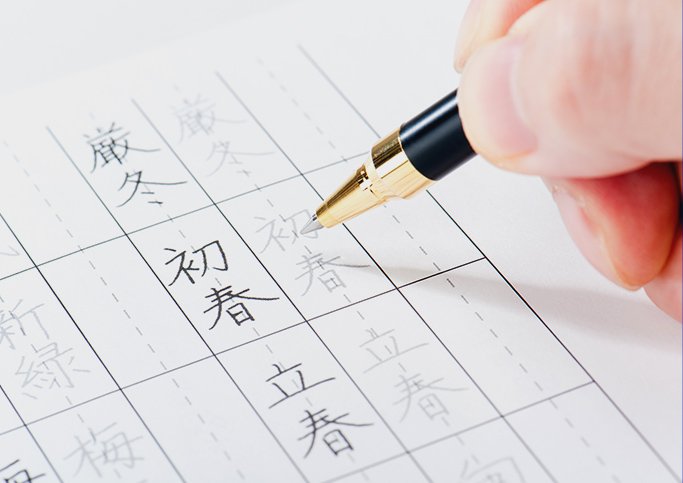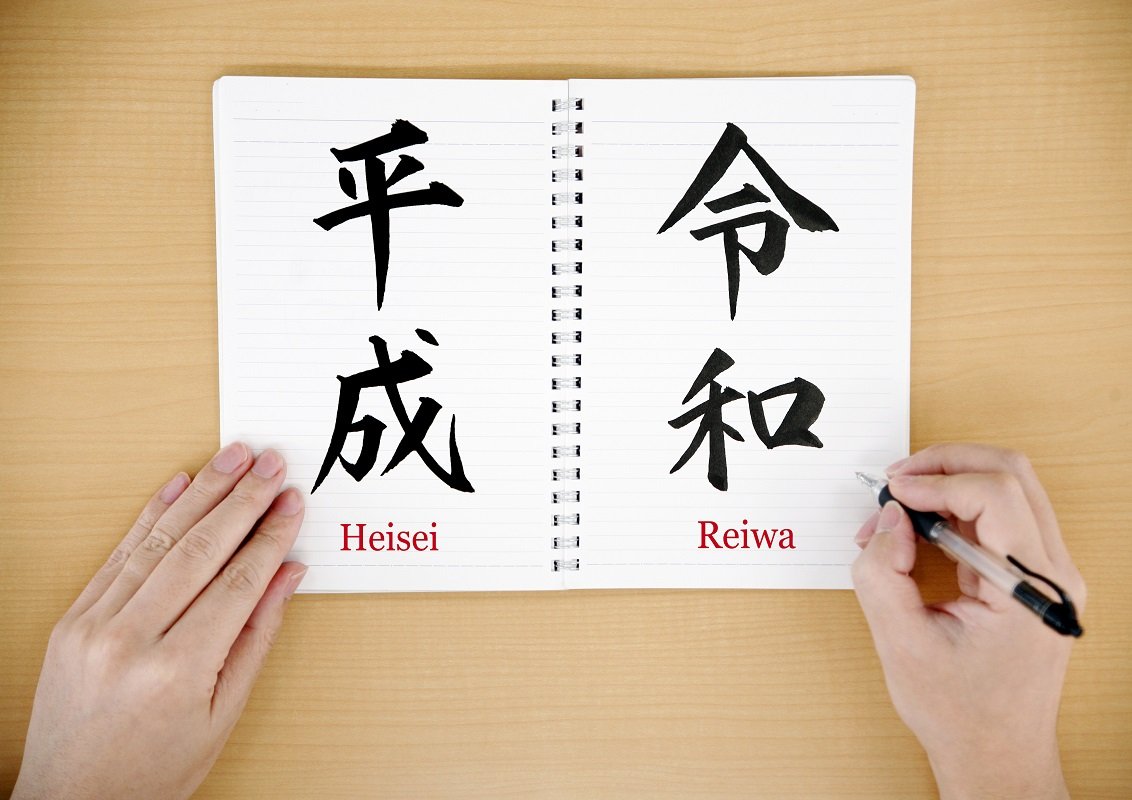
friend
tomodachi / yūjin / shin'yū / osananajimi… Expressions for friends in Japanese
6/25/2021
Each person has a different idea of how close a friend is. Depending on whether someone is your friend or your best friend, the way you call him/her will change. You should be able to use different expressions for friends in Japanese appropriately according to the degree of your friendship.
1. 友達(tomodachi)
“友達” (tomodachi) is a word that means a friend. Each person may have his or her own criteria for judging whether someone is a friend or not. In Japan, it seems that many people don't refer to people they haven't talked to much or met only a few times as “友達” (tomodachi). In particular, if you use the word “友達” (tomodachi) to refer to someone who is older than you or your boss at work, it can be rude, so be careful.
Example
明日は休みなので、友達と一緒に遊ぶ。
Ashita wa yasumi nanode, tomodachi to issho ni asobu.
Tomorrow is my day off, so I'm going to hang out with my friends.
Example
彼女は大学時代によく会っていた友達です。
Kanojo wa daigaku jidai ni yoku atte ita tomodachi desu.
She is a friend I used to meet when I was in college.
2. 知人(chijin)
“知人” (chijin) means an acquaintance. It sounds a bit more distant than “友達” (tomodachi) but actually refers to a broader relationship that includes friends. The word “友人” (yūjin) is similar to “知人” (chijin), but this is almost the same as “友達” (tomodachi). However, both “知人” (chijin) and “友人” (yūjin) are used in formal situations. In business situations or weddings, use the word “友人” (yūjin) instead of “友達” (tomodachi) and “知人” (chijin).
Example
鈴木さん。こちらが知人の田中さんです。
Suzuki-san. Kochira ga chijin no Tanaka-san desu.
Mr. Suzuki, this is my friend, Mr. Tanaka.
Example
友人を代表して、鈴木様よりご挨拶をいただきます。
Yūjin wo daihyō shite, Suzuki-sama yori go aisatsu wo itadaki masu.
On behalf of his friends, Mr. Suzuki will give a speech.
Example
知人の助けもあって、無事成功することができました。
Chijin no tasuke mo atte, buji seikō suru koto ga dekimashita.
With the help of my acquaintance, I was able to succeed.
3. ダチ(dachi)
“ダチ” (dachi) has the same meaning as “友達” (tomodachi). “ダチ” (dachi) is a casual expression, so use it only when you're really close to the person. It's an expression you see in Japanese anime and manga, but few people actually use it.
Example
コイツは俺のダチだ。
Koitsu wa ore no dachi da.
This guy is my buddy.
Example
ダチとは気が合う。
Dachi towa ki ga au.
I get along with my friend.
Particularly close friends are sometimes referred to as “マブダチ” (mabudachi), using the word “マブ” (mabu), which means “real.”
Example
私たちは、いつまでもマブダチでいようね!
Watashitachi wa, itsumademo mabudachi de iyou ne!
We'll be best friends forever!
4. 親友(shin'yū)
“親友” (shin'yū) means a best friend. “親友” (shin'yū) refers to a person with whom you have a very good relationship among “友達” (tomodachi). Therefore, in Japan, the number of people who can be called “親友” (shin'yū) may be about 1 to 5 per person.
Example
花子は小学生からの親友です。
Hanako wa shōgakusei kara no shin'yū desu.
Hanako has been my best friend since elementary school.
Example
親友の次郎と今度の土曜日にテニスをします。
Shin'yū no Jirō to kondo no doyōbi ni tenisu wo shimasu.
I will play tennis with my best friend Jiro this Saturday.
[日本のことが気になる?一緒に日本語を学びませんか?]
5. 幼馴染(osananajimi)
“幼馴染” (osananajimi) means “a friend from childhood.” An example of “幼馴染” (osananajimi) is someone who has lived in the neighborhood and grew up with you since childhood. In modern Japan, many people associate “幼馴染” (osananajimi) with the opposite sex. This may be influenced by Japanese anime and manga.
Example
私には幼馴染がいません。
Watashi niha osananajimi ga imasen.
I have no childhood friend.
Example
幼馴染とは一緒に居すぎて、まるで家族のように気が合う。
Osananajimi to wa issho ni isugite, marude kazoku no yō ni kigaau.
I spend too much time with my childhood friend, and we get along like family.
Next are Japanese honorific titles. In Japan, the absence of a title of honor is called “呼び捨て” (yobisute). “呼び捨て” (yobisute) makes people uncomfortable without a relationship of trust. So, at first, it is better to use the title of honor to be introduced below.
6. ~ちゃん(~chan)
The term “~ちゃん” (~chan) is an honorific title that is often used for female names. The word “~ちゃん” (~chan) can be used after a name, as in “花子ちゃん” (Hanako-chan). This is a childish expression, so it is rarely used for adults.
Example
花子ちゃん、また遊ぼうね!
Hanako-chan, mata asobō ne!
Hanako-chan, let's play again!
7. ~くん(~kun)
“~くん” (~kun) is one of the honorific titles and is a common expression for a man's name. The usage is the same as “~ちゃん” (~chan). Like “~ちゃん” (~chan), it's a childish expression. However, “~くん” (~kun) is sometimes used for adults as well. It is when a person in a higher position calls his subordinate's name. At this time, “~くん” (~kun) is sometimes used not only for men but also for women.
Example
昨日は太郎くんと一緒に公園に行きました。
Kinō wa Tarō-kun to issho ni kōen ni ikimashita.
I went to the park with Taro yesterday.
Example
佐藤くん、昨日頼んでおいた書類の作成はできた?
Satō-kun, kinō tanonde oita shorui no sakusei wa dekita?
Sato-kun, did you complete the documents I requested yesterday?
8. ~さん(~san)
“~さん” (~san) is one of the honorific titles. “~さん” (~san) is more polite than “~ちゃん” (~chan) or “~くん” (~kun). In addition, it can be used for both men and women. So you can use it in any situation. If you get confused, use “~さん” (~san). If your partner is close, using “~さん” (~san) will give you an unfriendly impression, so it's better to use “~ちゃん” (~chan), “~くん” (~kun), or “呼び捨て” (yobisute).
Example
佐藤さん、今回の会議ではお世話になります。
Satō-san, konkai no kaigi de wa osewani narimasu.
Mr. Sato, thank you for your support at this conference.
Example
田村さんは、お茶とコーヒーどちらをお飲みになりますか?
Tamura-san wa, ocha to kōhī dochira wo onomi ni narimasu ka?
Mr. Tamura, which would you like to drink, tea or coffee?
There is a more polite way to say than “~さん” (~san), which is “様” (sama). When you want to show the utmost respect, such as to a business partner, use “様” (sama).
Example
斎藤様、先日は大変お世話になりました。
Saitō-sama, senjitsu wa taihen osewani nari mashita.
Mr. Saito, thank you very much for your help the other day.
There are many different expressions for friends, and it may be difficult to use them according to the degree of friendliness. It is a good idea to learn them through actual conversation in Japanese. If you are interested in the Japanese language, why don't you sign up for a free membership to Human Academy Japanese Language School Plus. You can experience practical Japanese lessons by experienced teachers for free.
CATEGORIES
FEATURED TAGS
RECOMMENDATION
-
 報BUSINESS TERMS
報BUSINESS TERMSWhat is ”Ho-Ren-So”, one of the basic manners when working in Japan?
10/30/2020
-
 伝WORDS & GRAMMAR
伝WORDS & GRAMMARWhat is easy Japanese?
10/30/2020
-
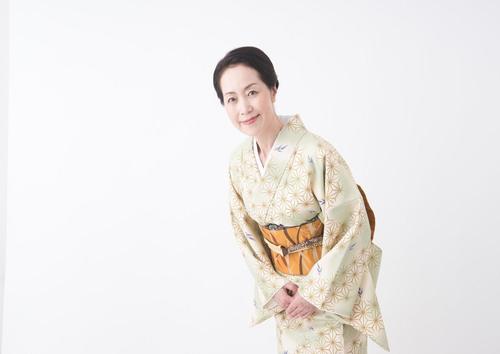 礼MANNERS
礼MANNERSJapanese greeting customs and origins. What are the greetings from other countries?
10/30/2020
-
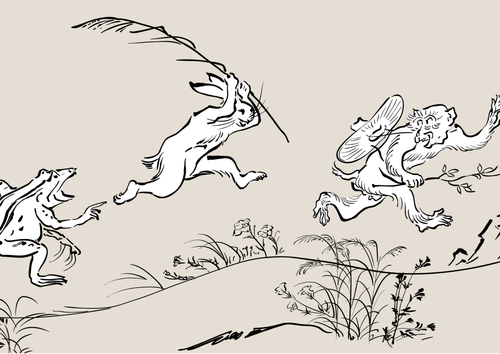 戯COMIC & GAME
戯COMIC & GAMEThe roots of animation and manga? Introducing bird and beast caricatures
10/30/2020
-
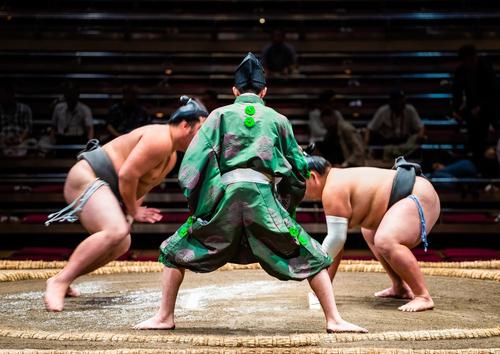 戦SPORTS
戦SPORTSThe history of sumo goes back to the mythical world! ?? Transition from myth to modern times
10/30/2020
LET’S PLAY
KARUTA!
Do you know the meaning of this...
NEXT...
FURTHER EXPLORATION
INTERESTED
IN JAPAN?
WHY DON’T YOU
LEARN JAPANESE WITH US?
START LEARNING
JAPANESE
WITH HUMAN ACADEMY!
ONE OF
THE MOST POPULAR
JAPANESE
LANGUAGE SCHOOLS
JAPANESE
LANGUAGE SCHOOL
OFFERING EXCELLENT
DETAILED LESSONS

ONLINE SCHOOL
- Learn with your classmates from all over the world
- Variety of Courses for All Needs
- FREE Trial Lesson available

TOKYO, OSAKA
- Offer the Best Curriculum for You
- Make New Japanese Learning Friends
- Many Opportunities to Practice Japanese
MAKE FURTHER
STEPS
WITH HUMAN ACADEMY!
ONE OF
THE MOST POPULAR
JAPANESE
LANGUAGE SCHOOLS
JAPANESE
LANGUAGE SCHOOL
PRODUCING MANY
JLPT N1 CERTIFIED
STUDENTS!

ONLINE SCHOOL
- Learn with your classmates from all over the world
- Variety of Courses for All Needs
- FREE Trial Lesson available

TOKYO, OSAKA
- Support Your Higher Goal of Japanese Learning
- Perfect Environment for Japanese Learners
- Learn with Your New Japanese Study Mates



